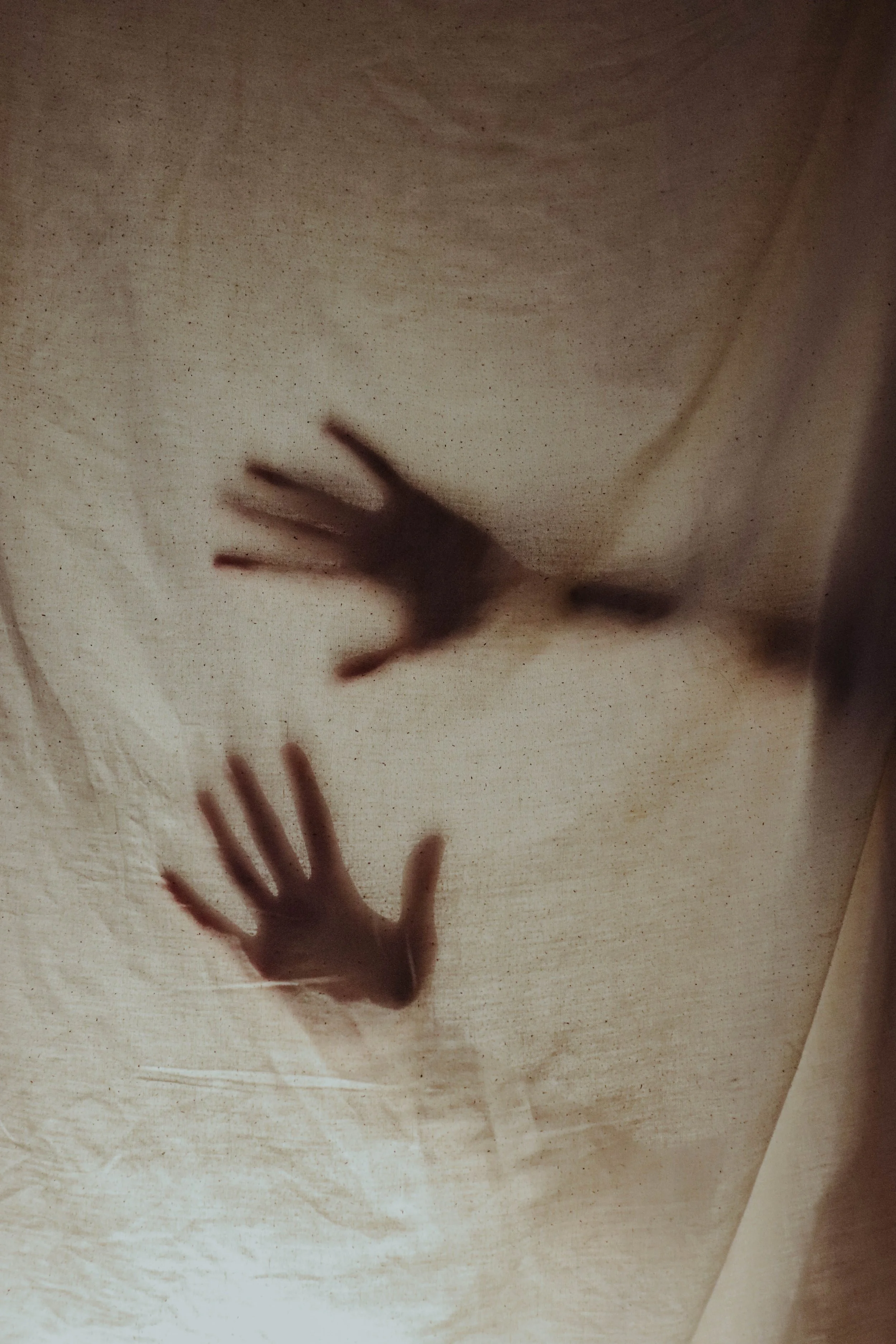Once upon a time there lived a horse. He was the strongest, tallest, handsomest horse in all the land. Every day he would run through the meadow for hours, strengthening and stretching his muscles from dawn until dusk. He ate only the finest grasses and would never nibble on a sweet treat in the forest. He drank from the purest streams and found the most restful, silent places to sleep at night.
But the horse was foolish. He had no time for learning or study, and no sources of wisdom to help him increase his own.
And the horse was lonely. He had no friends who could keep up with his running, and he spent most of his days alone.
And the horse was sad. While he was the finest, fittest creature in the land, he had no purpose outside of his strong body.
One day, an owl perched upon a tree and spoke to the horse.
“You are a foolish creature,” the owl taunted. “You spend all your time building up your muscles and strengthening your body, but what good will that do you when trouble comes? You should forget your body and strengthen your mind, like me.”
The owl was the smartest creature in the forest, for the owl had dedicated his days to studying philosophy and learning about culture and history and math and science. He could quote the greatest thinkers of all time, and he could spend hours reading. He carefully curated his learning and refused to allow foolish ideas to enter his mental space. He learned daily and wrote long journals of all the wisdom he had collected.
But the owl was weak. He did not care for his body, and he could fly only a short distance before becoming exhausted.
And the owl was lonely. In his effort to protect his mind from folly, he had driven his friends and family away.
And the owl was sad. His intelligence and study had not brought him to any great purpose for his life.
As the owl loomed in pride over the horse, a dog approached them.
“You’ve both got it wrong!” the dog laughed. “Look at you, lonely and friendless. All your work to strengthen your body and sharpen your mind has left you all alone! You should forget all that work and spend your time making friends!”
The dog was the most social creature in the forest, for the dog had dedicated his life to collecting friends. He would spend his days meeting new animals and inviting them to his home. He would share his food and stories with them, laughing and chatting until late in the evenings. He never met a stranger, and all the animals enjoyed his kindness and generosity.
But the dog was sick. All the food he ate with his friends was making him too heavy, and he couldn’t get around the way he used to.
And the dog was silly. He liked to laugh with his friends, but he had never learned anything about the world and never stretched his mind.
And the dog was secretly sad. All the friends he collected never seemed like quite enough to fill the space inside of him.
As the dog continued to smirk at the horse and the owl, a tiger approached the group.
“You’re all missing the mark,” he taunted. “You think that your body or your mind or your friends will give you a happy life? All of it fades away. The only thing that really matters is being at one with the universe.”
The tiger was the most spiritual creature in the forest, for the tiger had dedicated his life to pursuing mindfulness and meditation. He would spend his days walking alone in silence, contemplating spirituality and the meaning of life. He had no time for others, for he found peace and tranquility in his own pursuits of the divine.
But the tiger was frail, for he had never run like tigers are born to do.
And the tiger was foolish, for he had no time for learning from others.
And the tiger was lonely, for none of the other creatures wanted to be near him.
The animals looked at each other, wondering which of them was truly the most satisfied and fulfilled in life.
Just then, a lamb appeared from behind a tree.
“I think you’re all lovely,” the lamb said kindly. “You work hard at what is important to you, and you have each become great in your own ways. I wonder, though… what you could learn from each other?”
The animals gazed at the lamb. He was humble, and kind, and beautiful in his own way.
For the lamb was the happiest creature in the forest.
His body was strong, for he loved to run and play in the meadow every morning.
His mind was smart, for he took a few hours each evening to read and learn.
His friends were plentiful, for he always remembered to be kind and respectful to everyone.
And his purpose was clear, for he never forgot that he was a creature, made by the Creator who loved him so.
The lamb was not the strongest, or the smartest, or the most popular, or the most spiritual.
The lamb was simply the most whole.
Author: Melody Farrell
Melody Farrell is the co-founder and acquisitions editor of Lost Poet Press. She also serves as co-pastor of Element Church Tampa and operations manager of Echo Media Group. She is associate director of Circle A Ranch, a program which teaches teenagers principles of leadership. She serves on the board of Grow Into You Foundation, a non-profit that provides coaching, mentoring, and housing for teens aging out of the foster care system. She is a wife, podcaster, musician, and mother of two from Sarasota, Florida.































